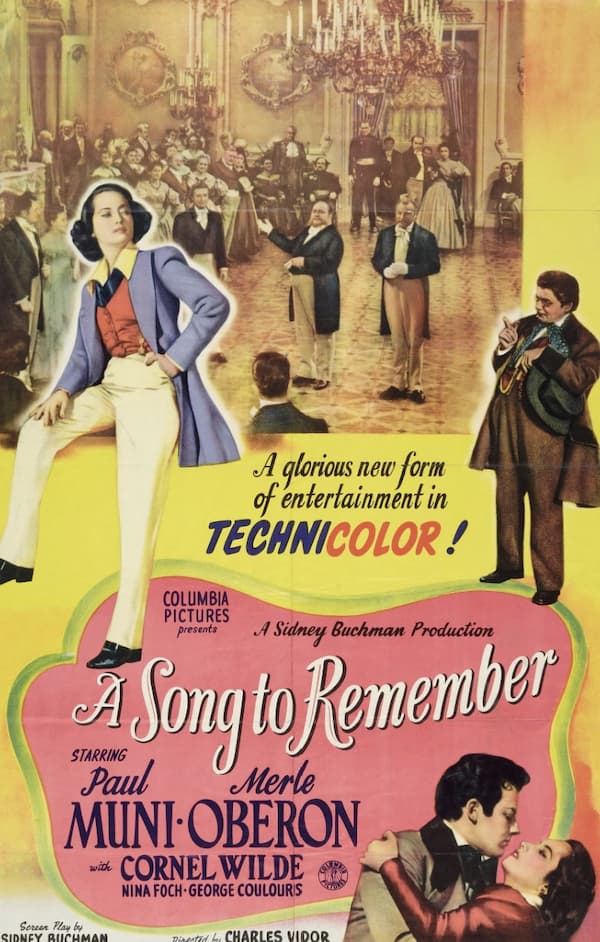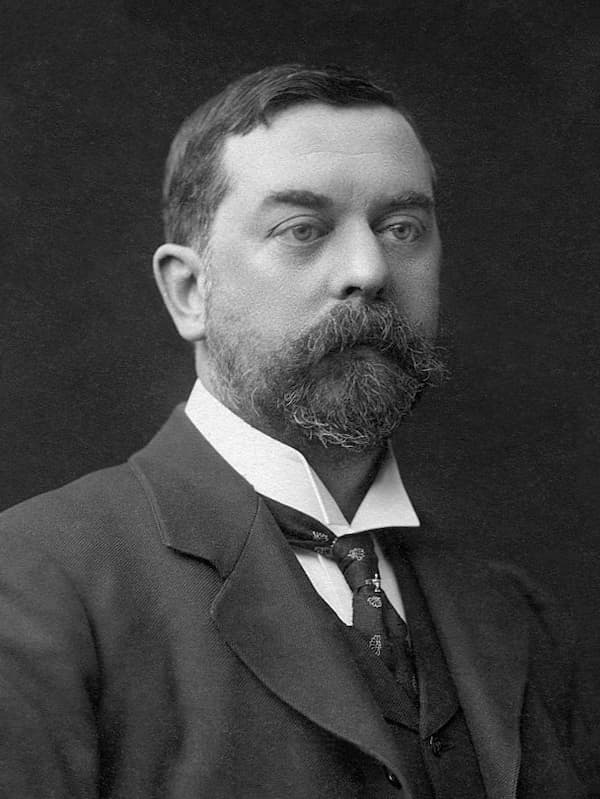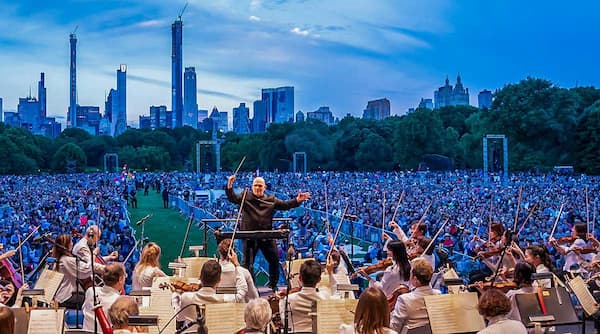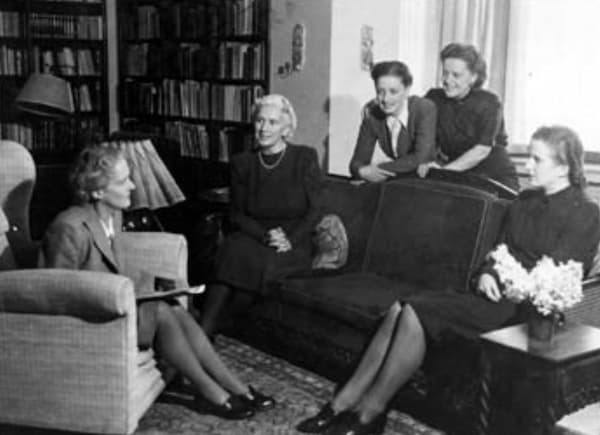Like many of the Russian composers in the later 19th century, Victor Vladimirovich Ewald (1860–1935) had a day job. He completed his studies in St Petersburg in civil engineering and, in 1900, was a professor at the Faculty of Construction Materials in St Petersburg. Upon his death, one of his tributes indicated that ‘“an entire industry for the production of bricks and cement is indebted to him’.
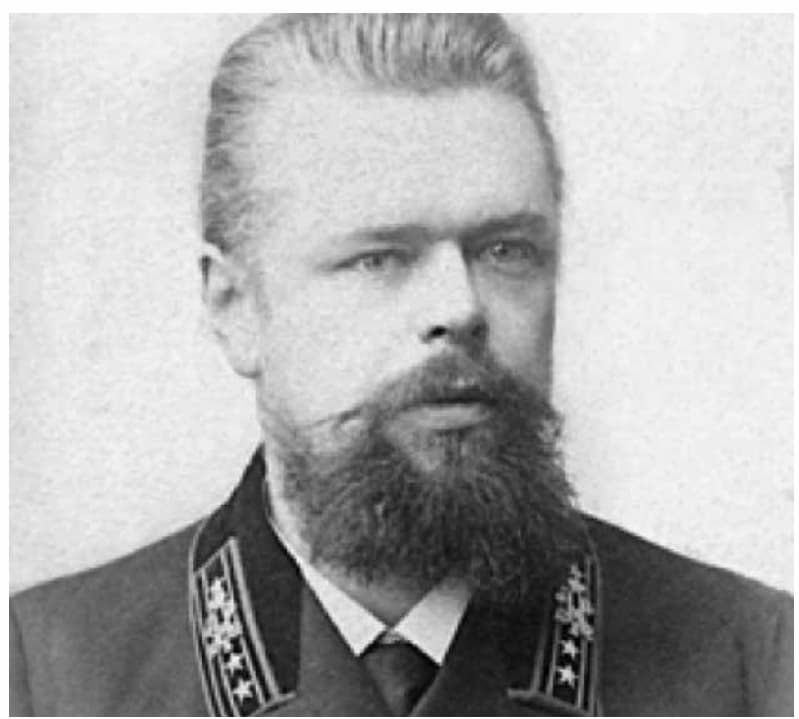
Victor Ewald
At the same time, he’d been attending the local music conservatory since age 12, and his teacher encouraged him to look for opportunities to practice music in his daily life. He studies cornet, piano, horn, cello, harmony, and composition. As a cellist, he was part of the quartet that played at the music publisher Belyayev’s Thursday soirées. He also joined the chamber music ensemble that was so important in bringing Western quartet literature to Russia. The ensemble performed string quartets by Haydn, Mozart, and Beethoven and new works by Borodin, Glazunov, and Rimsky-Korsakov.
His musical legacy, at first sight, appears to be too slight to be important – some dozen pieces. However, half of them, such as his String Quartet in C major, Op. 1, were published by Belyayev’s house. One of his published works is his Brass Quintet in B flat major, Op. 5, and for a long time, it was thought that this was his sole work for brass quintet.
Victor Ewald: Brass Quintet No. 1 in B-Flat Minor, Op. 5 – I. Moderato (Gomalan Brass Quintet)
Further research has uncovered an additional three unpublished quintets (Opp. 6, 7, and 8) and the chronology of the works shows how long Ewald worked in isolation. Op. 5 was written in 1890, Op. 6 was written 15 years later, and Op. 7 emerged from his pen in 1912. Op. 8 was written first, in 1888, but because it was viewed as too challenging for the intended ensemble, it was reworked some years later as his String Quartet, Op. 1, which was awarded joint third prize by the St. Petersburg Quartet Society (the jury included Tchaikovsky and Rimsky-Korsakov).
Victor Ewald: Brass Quintet No. 2 in E-Flat Major, Op. 6 – II. Thema con variazioni (Gomalan Brass Quintet)
The quintet that Ewald wrote for, from the photographic evidence, is a bit different than today’s standard of 2 cornets, French horn, trombone, and tuba, in that the trombone was replaced with an althorn. Also from the photographs, Ewald himself took the tuba part.
Emperor Alexander III, had his own brass octet and promoted brass ensemble playing among the royalty and guard regiments, such as in this picture of his octet in 1872.
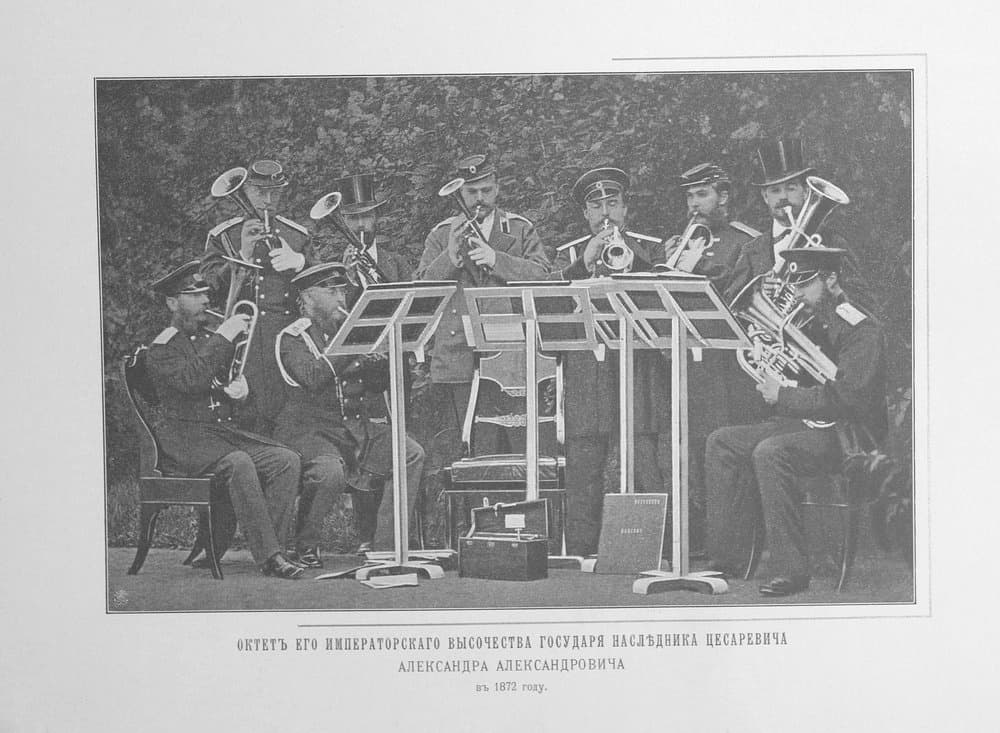
Alexander’s Octet: Standing (l–r): Prince Alexander Petrovich Oldenburg, Franz Osipovich Berger, Grand Duke Alexander, Count Alexander Vasilyevich Olsufiev, Fyodor Andreyevich Schreder, Franz Osipovich Terner. Seated (l–r): General Mikhail Viktorovich Polovtsov, Count Adam Vasilyevich Olsufiev, Alexander Alexandrovich Bers
Visiting brass ensembles were an inspiration to Ewald, although he later admitted that some of their music had led him to be ‘too adventurous’ in his writing, leading to the necessity to re-write his first Quintet for a string ensemble.
Victor Ewald: Brass Quintet No. 3 in D-Flat Major, Op. 7 – IV. Vivo (Gomalan Brass Quintet)
Through a long set of connections, the three unpublished quartets ended up in New York, sent in the 1950s by Ewald’s son-in-law to André Smith, musicologist and bass trombonist in the Metropolitan Opera Orchestra. Smith, unfortunately, did not publish the works. In 1972, the American Brass Quintet (ABQ) contacted Smith about the scores, and he released Op. 6 for its premiere performance by ABQ at Carnegie Hall. Performances of the rest followed quickly and then the Russian brass quintets contacted Smith for performances in St Petersburg. Smith sent Opp. 6 and 7, and these works were quickly disseminated across Russia (despite Smith’s request not to copy them).
Victor Ewald: Brass Quintet No. 4 in A-Flat Major, Op. 8 – I. Allegro commodo (RivST Brass Quintet)
The works are very much in the late 19th-century brass ensemble tradition, and Ewald’s quintets have become a staple of the brass quintet repertoire. One of the effects of the change in instrumentation from althorn to trombone is a loss of the homogenous timbre that the five original instruments had.
For more of the best in classical music, sign up for our E-Newsletter

